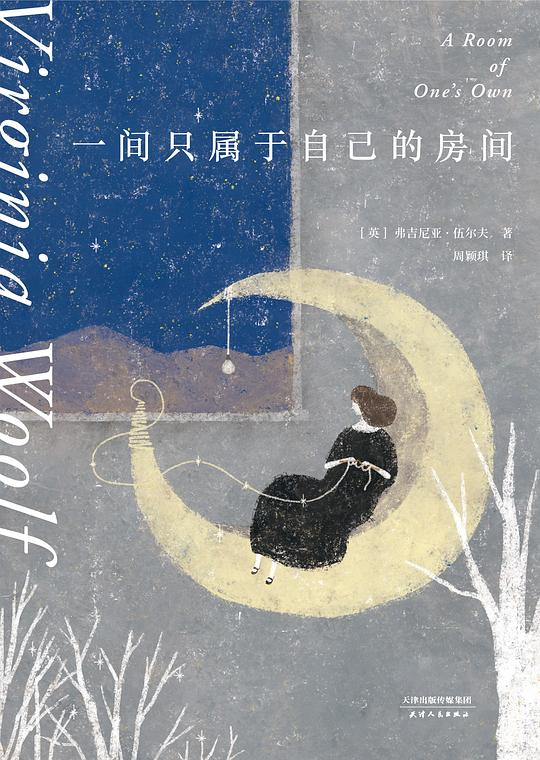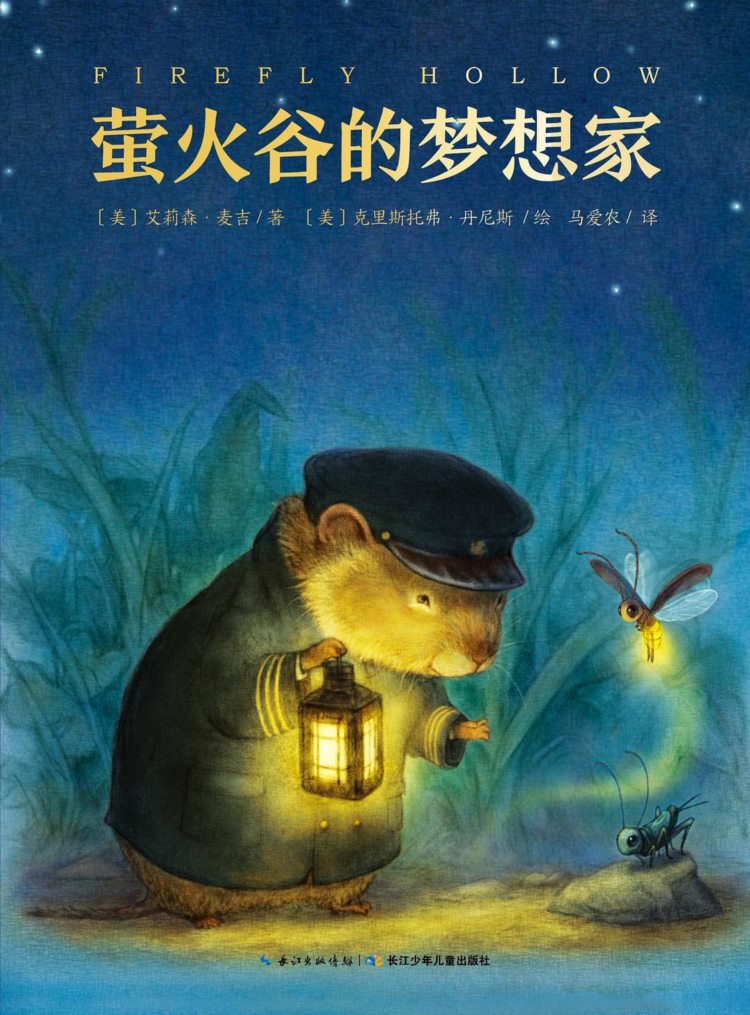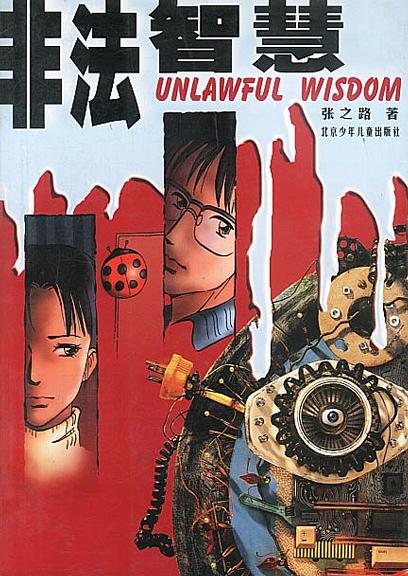
《一间只属于自己的房间》男女平等:分享权力与空间
书名:一间只属于自己的房间
1
0

十二生肖 2023-05-04 11:33:32
Three versions were reviewed, and personally, I feel that this version of the translation suits me better. The first two times, I didnt fully understand it, especially the first time. However, even so, some of the content in the text still deeply moved me. I remember the first time I came across Woolfs hypothesis that if women had participated in literary creation from the beginning, would literary forms be more enriched today? At that time, I felt that my original way of thinking had been broken open by a small gap. Before this, I had never thought about gender equality from this perspective. I had only stuck to the narrow view that "gender equality is to fight for more power for women." Therefore, I can imagine how embarrassed I felt when I first came across this new idea. In recent years, the gender opposition on the internet has become increasingly fierce, and some topics that do not involve gender have turned into gender issues, causing everyone to argue. Does this really help women gain equal rights? At this time, I would think of Woolf, perhaps she can tell me how to view gender issues.
This essay "A Room of Ones Own" was a speech given by Woolf at the University of Cambridge on the theme of "Women and Novel." At the beginning, Woolf pointed out that she was not sure from which perspective the audience wanted her to discuss this topic: Perhaps it was about what women should be like, perhaps it was about women writers and their novels, or perhaps it was about women and novels with women as the theme, or maybe all three. So she discussed this topic from these three aspects in her subsequent research.
What women should be like
In Elizabethan history books, there are almost no women because historians believe that there are almost no events with which women can participate that can be written into history books. Even if there are anecdotes, they are not recorded. However, the female images under male pen are full of personality and character. They can be brave, harsh, outstanding, despicable, exude infinite beauty, or be jealous and ugly. They can be great like men, or even greater than men. But what is their real life like? No one knows. Therefore, Woolf created a fictional character named "Judith," Shakespeares sister with equal creative talent, to speculate on womens real life in that era. The result was that even with the same talents as Shakespeare, Judiths final outcome was either marrying the person chosen by her parents early on, or running away from marriage to pursue her comedy dream, but ending up with suicide and being buried at a certain crossroad.
Womens rights are not achievable by female personal efforts alone. If social awareness does not change as a whole, the ending of Noras departure is only one of two possibilities: either degradation or return (Lu Xuns "What Happens After Nora Leaves"). She faced the most realistic problem: money. Without economic foundation, all dreams, freedom, and equality are empty talk. Therefore, gender equality first needs equality in economic rights. When you have no economic foundation, no matter how you appeal for equality, who will listen to you? Only when you have economic power and have the confidence to leave at any time, perhaps your voice can be heard. Woolf said that if a woman wants to write a novel, she must have 500 pounds. In fact, not only writing novels, but if a woman wants to live with dignity, she needs a sum of money that she can control.
Women writers and their novels
In the early 19th century, almost all works by British women were novels. Why is this so? Perhaps it is because women did not have their own exclusive study, and they could only write in the living room with people coming and going, and they had to be careful to avoid being discovered. Only novels allow them to write in such a situation that they cannot concentrate. Even if women can overcome the limitations brought about by objective environments, social discrimination against womens writing will make it impossible for women to write purely. They will either choose to cater to male aesthetics to avoid more criticism or choose to vent their dissatisfaction through the mouths of characters. These will inevitably harm the authenticity of the work. In addition, there were no traditions or tools that female writers could refer to, making it difficult for female writers to write from a female perspective. Before this, no work by a woman was left behind. What they could learn were all created by men. Were these suitable for women? If society had allowed women to create from the beginning, would the current literary genres be more diverse?
Novels with women as the theme
Before Jane Austens era, all great female figures in novels were presented through another genders perspective and only appeared in the relationship with the other gender. But these were only a small part of womens lives. They had their own circle of friends, their own thoughts, and their own dreams. All of these were covered up in male pen, or they had no intention of exploring the lives of women without male participation. Men established a series of value standards but did not allow women to participate. Even if you are a qualified mother, a filial daughter, a loyal sister, or a capable housewife, you cannot go to university, inherit property, or obtain official positions or honors, so no one will think that you are valuable, and your past will not be recorded. But the world is composed of both genders. If only one side is written, wouldnt it be monotonous? Just imagine, if in literary works, men can only appear as womens lovers but cannot make friends with men, cannot be soldiers, thinkers, or dreamers, how many male characters will Shakespeares dramas be short of, and how bleak literature will become.
Now, many years have passed since Woolfs speech, and womens status has greatly improved. However, the conflicts between the two genders seem to have not reduced. The existence of the two genders in the world is not about one dominating the other or pointing out each others shortcomings, but to allow everyone to have the opportunity to see the world through different perspectives. If one always worries that the other gender will surpass oneself, and always unconsciously wants to emphasize the superiority of ones gender, then isnt this particularly petty? In this way, how can good works be created?
相关推荐
萤火谷的梦想家
艾莉森•麦吉出生于1960年,是美国《纽约时报》畅销书作家,同时也是大都会州立大学创意写作课的教授。她的作品被翻译成20多种语言并出版,也曾被提名普利策奖,并获得苏斯博士奖金奖、克里斯托弗图书奖、美国 [美]艾莉森•麦吉/[美]克里斯托弗•丹尼斯/绘 2023-03-27 16:50:25鬼马女神捕1·绝密卧底(上)
腹黑凤凰vs毒舌鸡妖——蓝翎:“小姬,跟我去人界吧!”姬十四:“干吗?让人宰了我做小鸡炖蘑菇吗?”蓝翎:“不啊,让妖怪宰了你做小鸡炖蘑菇更气派。”凤凰蓝翎和鸡妖姬十四生活在无忧无虑的灵界。他们的故乡叫 郝天晓 2023-04-17 00:22:47© 2023-2025 百科书库. All Rights Reserved.












发表评价